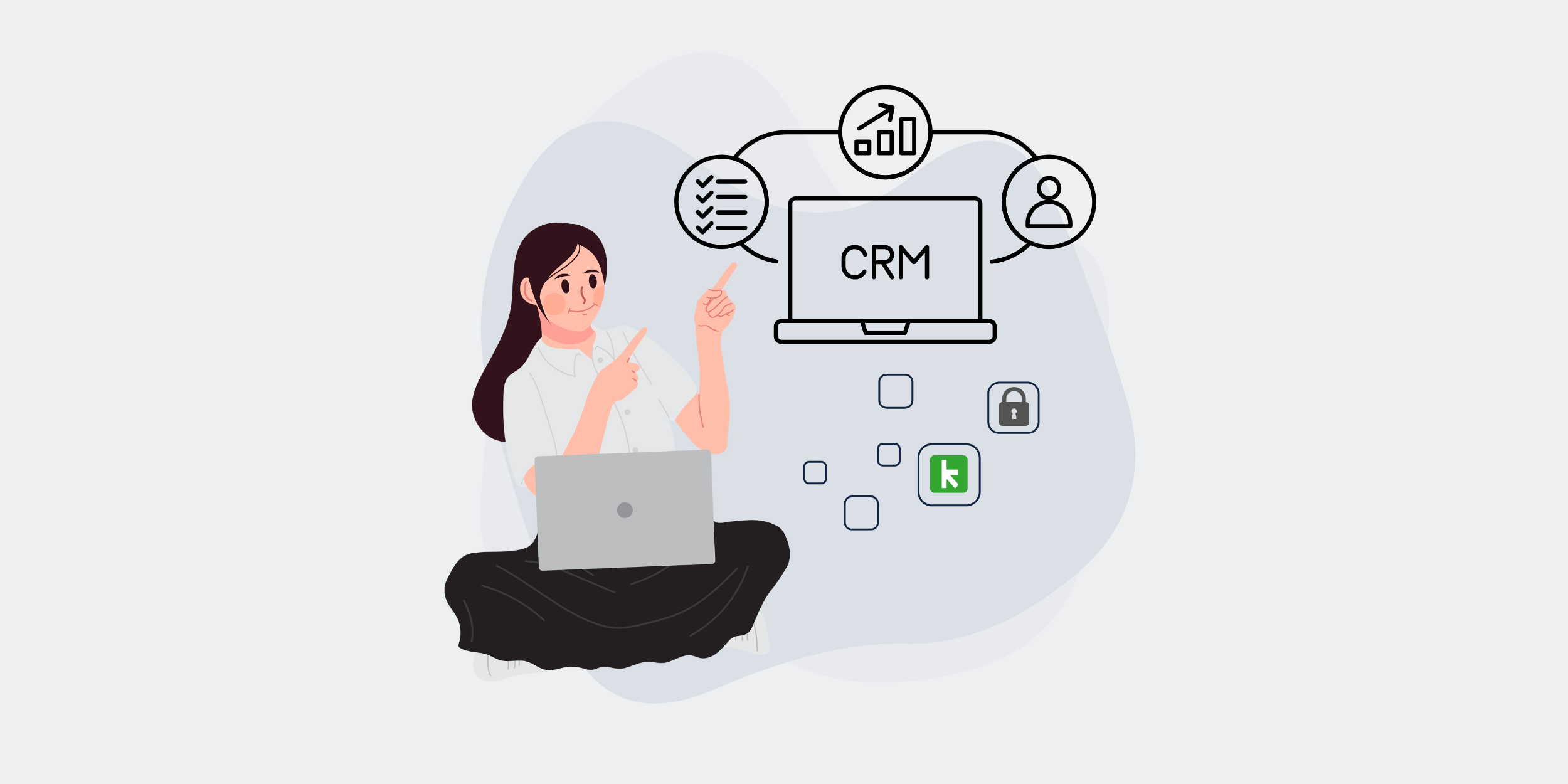The Significance of Consistent Data Backups for Your Keap CRM System

How Regular Data Backups Can Protect Your Keap (Formerly Infusionsoft) CRM
In today’s fast-paced digital environment, ensuring the safety of your Customer Relationship Management (CRM) system is vital. For users of Keap, formerly known as Infusionsoft, regular data backups can be your best bet against data loss. But why are they so important, and how can they safeguard your business’s data integrity? Let’s dive in!
What is Keap CRM?
Keap, previously known as Infusionsoft, is a powerful CRM platform that helps businesses streamline their operations, nurture customer relationships, and automate marketing tasks. It’s a hub for valuable client data, sensitive information, and business interactions. Losing this data could mean missed opportunities or, worse, eroded trust with your customers.
The Importance of Data Backups
Understanding Data Backups
Data backups involve creating copies of your data and storing them separate from the original source. In the event of data corruption, accidental deletion, or system failures, backups provide a safety net to restore lost information.
Why It’s Crucial for CRM Systems
For CRM systems like Keap, data backups are not just a good practice—they are essential. These backups ensure that customer interactions, sales histories, and critical contact information are not lost forever after an unexpected disruption.
Potential Risks Without Backups
Loss of Business Data
Imagine months of customer interactions and transaction records disappearing overnight. Without a backup, this nightmare can become a reality. Data loss can occur due to many reasons, such as software glitches, cyber threats, or human error.
Impact on Customer Trust
Your clients trust you with their data, and losing it can break that trust. Regular backups can help you maintain this trust by ensuring you can recover and restore data promptly if needed.
Threat of Data Breaches
Without secure backups, your CRM data is vulnerable to breaches. Cybercriminals can exploit weaknesses in your system, stealing or corrupting your valuable data. Backups give you an option to restore a pre-breach version, mitigating potential damage.
How Regular Backups Enhance Security
Protection Against Technical Failures
Technical glitches happen more often than we’d like. Regular backups ensure that when a glitch occurs, your CRM data is not compromised, and business operations continue smoothly.
Resilience Against Natural Disasters
Natural disasters don’t warn you before they strike. A robust backup strategy ensures that even if your physical systems get affected, your data remains accessible and safe from natural calamities.
Mitigation of Human Error
Human errors are inevitable—someone might accidentally delete crucial files, or an intern might improperly format a section. With regular backups, these honest mistakes don’t have to be catastrophic.
Setting Up a Backup Routine
Choosing the Right Backup Solution
Your backup solution should match your business needs. Look for solutions that offer automated backups, easy recovery processes, and regular security updates. Cloud-based solutions are increasingly popular due to their accessibility and security features.
Determining Backup Frequency
How often should you back up your data? Ideally, frequently enough that data loss is manageable. Depending on your business operations, daily or weekly backups are common practices.
Testing Your Backups
Don’t just set it and forget it. Regularly test your backup processes to ensure that the data is being correctly saved and can be restored when needed. This proactive step can save you from future headaches.
Advantages of Cloud Backups
Accessibility and Convenience
Cloud backups provide easy access to your data from anywhere, anytime. This flexibility is essential in today’s mobile work environment, offering peace of mind even if you’re halfway across the world.
Scalability
As your business grows, so does your data. Cloud services scale effortlessly according to your needs, reducing the hassle of upgrading physical storage systems.
Cost-Effectiveness
Rather than investing in heavy hardware, cloud backups offer a more affordable solution. You pay for what you use, making it a cost-efficient option for startups and small businesses.
Conclusion
In an era where data drives business success, keeping your Keap CRM protected with regular backups is non-negotiable. They act as your shield against technical failures, breaches, and other unforeseen challenges. By implementing a solid backup strategy and leveraging cloud solutions, you ensure your data—and by extension, your business—stays secure and resilient. Don’t wait for a data catastrophe to strike; be proactive and put those digital insurance policies to work!
FAQs
1. What is the best backup strategy for Keap CRM?
The best strategy involves regular, automated cloud-based backups with periodic testing to ensure data integrity and accessibility.
2. How often should I back up my CRM data?
This depends on your business’s data activity. For most businesses, daily backups are ideal, but at minimum, weekly backups should be performed.
3. Can backups prevent data breaches?
Backups cannot prevent breaches, but they allow you to restore your data to a pre-breach state, minimizing potential damage.
4. Are cloud backups secure enough for CRM data?
Yes, with the right provider. Ensure they offer advanced security features like encryption and compliance with data protection regulations.
5. What should I do if my backup fails?
Investigate the cause immediately, rectify the issue, and ensure your subsequent backup attempts are successful. Regular testing helps prevent such situations.
